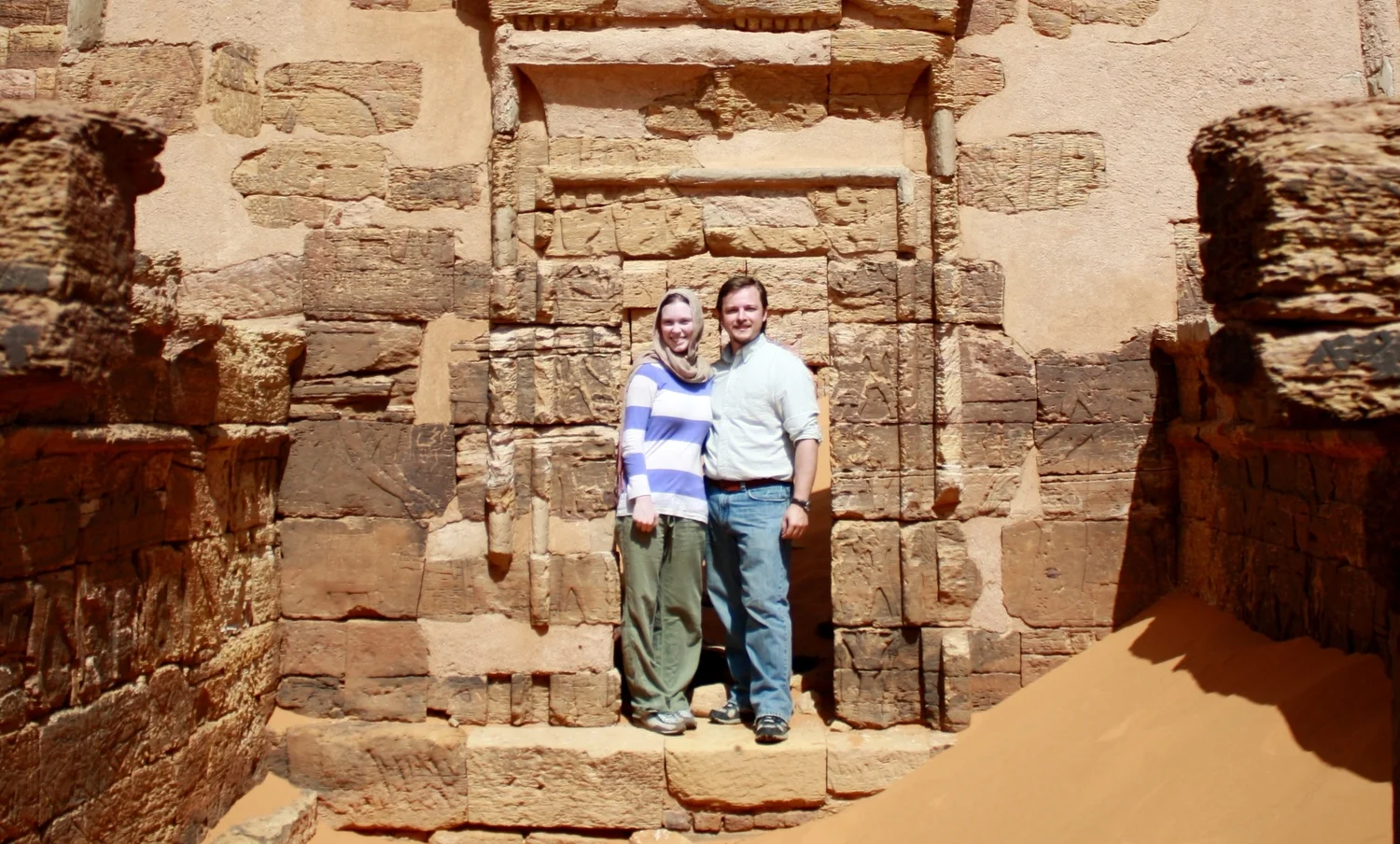Have you ever heard the the thundering sounds of zebra running or seen a zeal of zebra sprinting through the savannah, flashes of white and black as they break through the underbrush?
I was asked recently to share my most “manly” story at the Ohio Valley Teen Challenge. I racked my brain for the most masculine reminiscences from my life. Every thought, whether it was spear fishing as a child, eating steak while wearing a leather jacket, even ignoring the GPS while venturing on the circuitous American road systems, none of them seemed too terribly manly.
The morning came and I still hadn’t chosen a story to tell. I sat there eating breakfast with Cornell Jordan, the pastor of Metro Assembly in Youngstown, and we began to talk about Kenya. And almost like thunder the pounding stampede of zebra took me back to the banks of Naivasha. I remember as if it were yesterday that a group of us students from our boarding school made the trek down into the valley. We ventured out into the vast savanna peppered with yellowing acacia trees. There before us was a zeal of zebra, forty strong if not more, grazing. Being young men full of energy (and lacking in impulse control) we ran at them with all our force and that’s when I heard the sound of their hooves, not just thundering against the ground but reverberating inside my chest. It felt like a sonic connection as I ran with the zebra.
They twisted and turned through the plain, careening into the massive bullrushes that surrounded the lake. We followed them into the high grass, like stepping into Narnia, not knowing what lay ahead. Our hearts were beating in our chests as we tracked the great beasts in the wild filled with bushbucks, hippos and the unknown.
After a time we cut our way back to our starting place, hoping to find the zebra once again, but they had been replaced by a herd of grazing cattle. Cows. Everyday, run of the mill, cows. We ran at them like we had at the zebra only to be violently rebuffed with stamping feet and aggressive snorting. We turned on our heels as the cows kicked up their hooves and began to chase us!
Standing there, sharing this story at the Ohio Valley Teen Challenge with men in recovery from addiction, I couldn’t help but see a connection, a resonance I could feel beating in my heart. How often we set out running with zebra only to be turned around by cattle. We were made for adventure, passionately pursuing God’s presence into this world He created only to be turned around and nearly trampled underfoot by the sins ordinary to all people. We experience the thundering power of Christ’s redemption when we submit our lives to follow Jesus, but no sooner are we in the wilderness that we begin to stumble on our old idolatry making golden calves that glitter and glow but lead our souls to death (Exodus 32).
We were never made to roam with the herd, to aimlessly graze through this life like cattle. We were made for more. In the image of God we were made to passionately pursue God’s best for our lives and the lives of those around us. We were made for zeal! We were made for lives of passionate dedication growing in relationship with God and calling others to Christ.
How fitting that a group of zebra are not called a herd, or a crash like rhinos or a pod like hippos. They are called a zeal.
Today, will you take a little time to pray? To ask God to give you, your family, your church and your missionaries a more complete knowledge of God’s will, spiritual wisdom and understanding? Will you pray that as followers of Jesus that the way we live will always honor and please the Lord, producing every kind of good fruit; all the while, growing more and more as we know God better and better (Colossians 1.9-10)?
Pray that as His people we would not be sidelined by cows but that we would run with the zeal of zebra, feeling the thunder of our Christ-centered fellowship deep within our souls.





